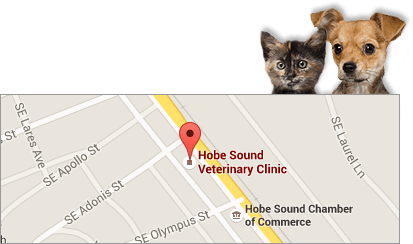If you’ve adopted a dog or taken in a stray, determining how old he is can be challenging. Fido may act like a big clumsy puppy, but looks can be deceiving. And that old formula, “Dogs live seven years for every one human year” isn’t really accurate, as that calculation only works if you know a dog’s age. However, you can “guesstimate” your canine pal’s age by tracking a few telltale signs.
Genetics
First and foremost, Fido’s size and breed play a big role in determining his lifespan. Smaller breeds, like Chihuahuas, usually live longer than larger dogs, and also mature faster during the first 2-3 years of their lives.
On the other hand, larger breeds, like the Great Dane, grow more slowly as pups. By age five, a Great Dane has reached doggy middle age, while a five-year-old Chihuahua would only be in his early-30s in human years.
Teeth
Fido’s choppers also offer information about his age. Puppies younger than four weeks usually have no teeth at all. In fact, Fido won’t start growing permanent teeth until he’s three to four months old. They’ll also be a clean white at this stage.
As a dog ages, you’ll start to see more stains, plaque, and tartar. Around age five, plaque and tartar really start to develop, and Fido’s teeth may be slightly worn down or less pointed. At this point, the risk of dental disease increases considerably. And canines ten years old and older often have cracked, loose, or missing teeth.
Coat
Just like with humans, gray hairs are telltale signs of aging on dogs. Between the ages of seven and ten, your pooch will get gray or white hairs on his chest, muzzle, and haunches. However, some dogs develop gray hairs at an early age, oftentimes due to stress and anxiety.
Eyes
Fido’s eyes also say a lot about his age. Over time, a dog’s eyes may get cloudy and produce discharge. These changes usually start appearing between six and eight years of age. Cataracts or vision loss are also more common in senior dogs.
Activity Level
This one’s pretty much a no-brainer. Anyone who’s had a puppy knows how boundless their energy can be. As Fido ages, he’ll probably prefer naps on the couch to runs in the park. It’s important to note that these changes in activity level can be accompanied by other behavioral shifts. To learn more about how aging can affect your dog’s behavior, check out our article on Your Dog Can Experience Age-Related Behavioral Changes.
Do you have questions about your dog’s age and health needs? Contact us, your local animal clinic in Hobe Sound, FL today! We offer comprehensive care for dogs of all ages. Learn more about our preventive care services on our Veterinary Wellness & Pet Vaccinations page, where we provide tailored health plans for every stage of your dog’s life.





